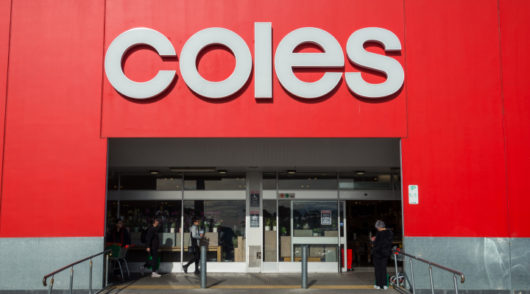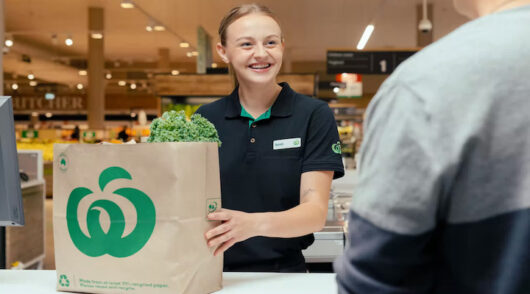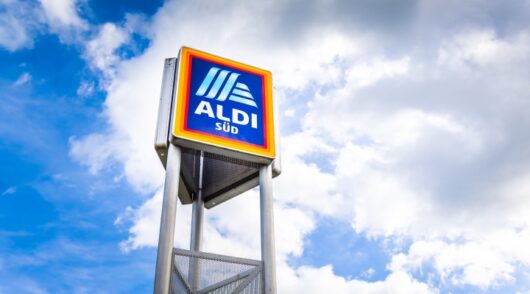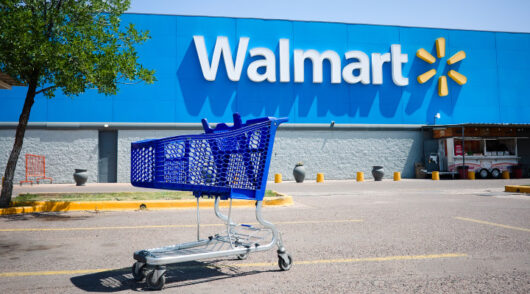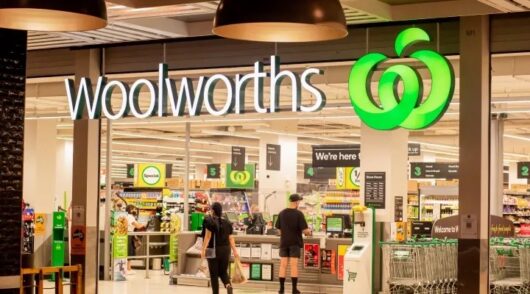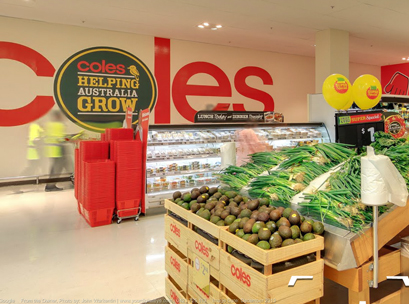 Coles traded on the ASX for the first time on a deferred settlement basis on Wednesday, after Wesfarmers shareholders voted to spin off the supermarket into a separately listed entity at the parent company’s annual general meeting last week.
Coles traded on the ASX for the first time on a deferred settlement basis on Wednesday, after Wesfarmers shareholders voted to spin off the supermarket into a separately listed entity at the parent company’s annual general meeting last week.
The business will trade ‘normally’ as of Thursday, 29 November.
Wesfarmers has retained a 15 per cent stake in Coles to keep some “skin in the game” and engineered a 50/50 joint venture with Flybuys, the supermarket’s rewards program.
Coles chief executive Steven Cain said the business would focus on delivering a strong holiday result before looking to accelerate other areas over the next year. He also hinted at a bigger focus on convenience for the business.
While Coles saw a 5.1 per cent bump in like-for-like sales in the first quarter due to the successful Little Shop campaign, like-for-like sales fell back to 1.8 per cent growth in the second quarter, which is more in line with Q4 FY18 than Q1 FY19. In a note to investors, J.P. Morgan analysts suggested that the supermarket was unable to retain customers it attracted due to the promotion.
J.P. Morgan analysts believe that Coles faces structural challenges moving forward due to a smaller, weaker store network compared to rival Woolworths, a weaker share of the fresh food market compared to Woolworths and a strategy that is too “Aldi focused” in its aim to increase private label to 40 per cent of sales.
Coles will have to win the tactical battle, they said, in order to compete. But so far, the supermarket has not done so. J.P. Morgan analysts have forecasted 3 per cent like-for-like sales growth for Q2, but that now looks optimistic based on Wesfarmers’ comments at the 2018 AGM.
Coles Express is another potential problem area for the business, according to J.P. Morgan analysts. Fuel sales were down 15.9 per cent on a like-for-like basis in the first quarter of fiscal 2019, driven by the price gap between Coles Express and its competitors.
In 2017, Coles Express charged on average nearly 2¢ more than its nearest competitor, Caltex, and on average around 4¢ more than Woolworths or 7-Eleven, according to J.P. Morgan research.
This is due to the unfavourable commercial terms of its agreement with fuel supplier Viva, analysts said. Retail petrol prices have started to decline in recent weeks, analysts noted, dropping to around $1.30 per litre, down from over $1.50 per litre in Q1 FY19, but earnings from the Coles Express business are not expected to stabilise for some time still.

